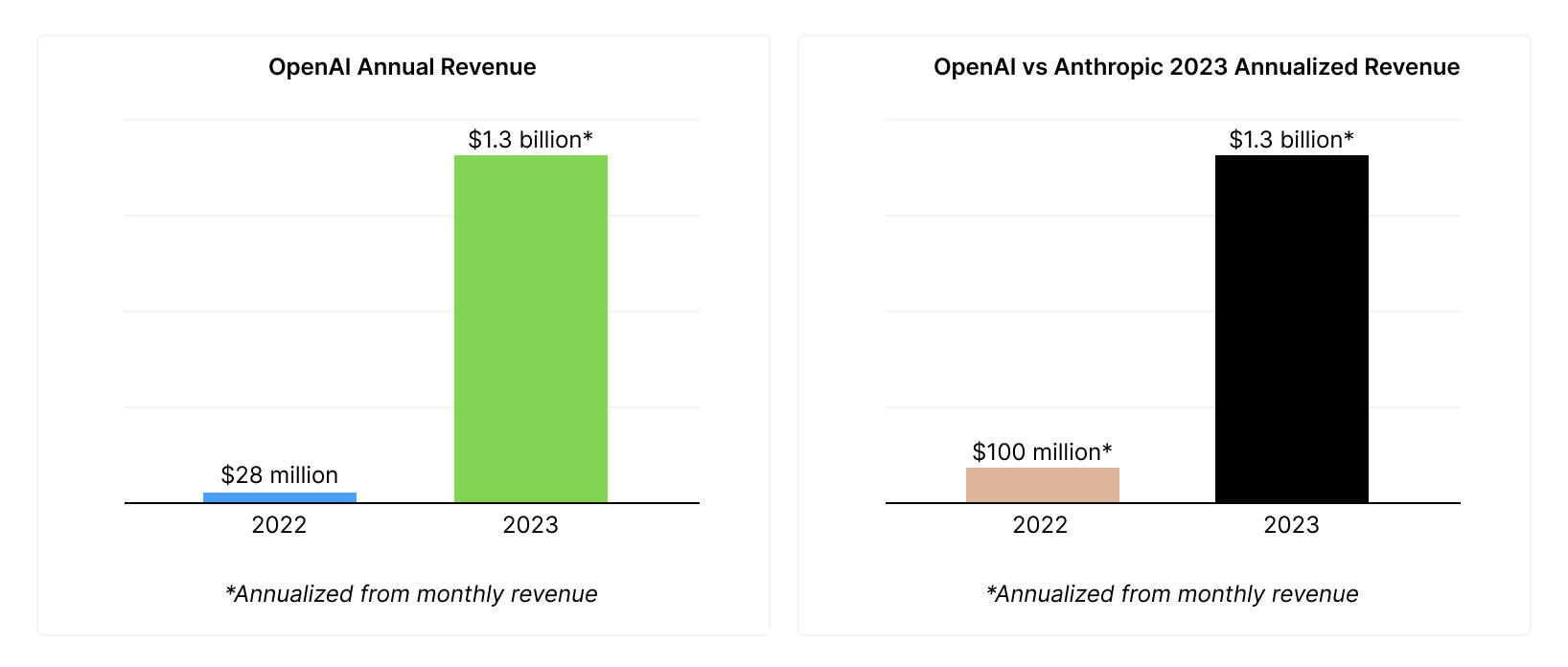Inaugural OpenAI chief economist, Duke professor Ronnie Chatterji
In 2023, a White House intern read aloud a clever new poem to White House CHIPS Coordinator Ronnie Chatterji. Its humor and niche references amused the longtime Duke professor. However, he soon discovered that ChatGPT generated the intern’s crafty poems, marking his first encounter with the tool.
Now, as the inaugural chief economist of OpenAI — which develops ChatGPT — Chatterji plans to bring his interdisciplinary view of technology to help lead a company at the frontier of the AI revolution.
Discussing the Economic Impact of Emerging Technologies
Chatterji, Mark Burgess & Lisa Benson-Burgess distinguished professor of business and public policy, sat down with The Chronicle to discuss his new role at OpenAI and how his time at Duke and in the White House influenced his perspective on the economic impact of emerging technologies.
Chatterji began teaching at the Fuqua School of Business in 2006 as assistant professor of strategy. Four years later, he made his debut in the White House as a senior economist for the Council of Economic Advisers amid lasting economic implications from the 2008 recession. At the time, the Obama administration’s economic team had injected hundreds of billions of dollars of stimulus into the economy, yet jobs remained scarce and growth sluggish.
Insights on Global Economy and Supply Chains
Chatterji recalled that when he was in graduate school, people “didn't think much” about the global economy being deglobalized or threats to supply chains. Having won the Cold War, the U.S. was “a unitary power in global economics.” Even during his time in the Obama administration, Chatterji explained there was less concern about the fragility of global supply chains.

By 2021, disruptions by the COVID-19 pandemic had made the vulnerability of global supply chains more apparent. That year, he began serving as the Department of Commerce's chief economist in the Biden administration, where his efforts were focused on applying economic analysis to the department’s diverse bureaus and agencies.
Leadership in Technology and Policy
For Chatterji, that meant asking questions not many had been asking. “What do we know about why these things aren't showing up when they should?” he asked. “What's the impact on the economy, and how can we help the different bureaus in the Commerce Department and the Secretary make sense of the solutions?”
Chatterji noted that the country was making “about 0%” of the most advanced chips and “losing market share” in several other areas.

“You might be making the chips or fabbing them in Taiwan — they might be designed in the United States, but the equipment that is used to do the lithography to make them is made in the Netherlands, and the materials used in the process come from Japan,” he said.
Addressing Challenges in the Private Sector
Chatterji is no stranger to the many AI models and companies striving for the next great innovation. But OpenAI, in his view, is the “Kleenex for AI.” “The fact that people say, give me a Kleenex, regardless of whether it is that brand, is sort of illustrative of the fact of how powerful it is,” Chatterji said. “And when a lot of people think about AI, they think about OpenAI.”

OpenAI, which entered the market in 2015, is now valued at $157 billion and is one of the world’s most valuable private firms.
Focus on Sustainable AI Infrastructure
Among Chatterji’s interdisciplinary priorities is sustainability, which he defined as “the biggest issue of our time.” According to Chatterji, research areas for sustainable infrastructure include designing energy-efficient AI accelerator chips and cooling technologies as well as enhancing the production of solar, wind and nuclear energy.
He also discussed AI's potential impact on labor markets, suggesting that “at its very best, AI is going to allow us to be more productive.” He described how generative AI has inspired his thinking about literature and assisted in matching data sets in his job, noting the importance of training to “stay on the cutting edge” of using AI tools.
Conclusion
Now, Chatterji’s challenge begins: to lead the effort to answer some of society’s most pressing economic questions in the age of AI.


















